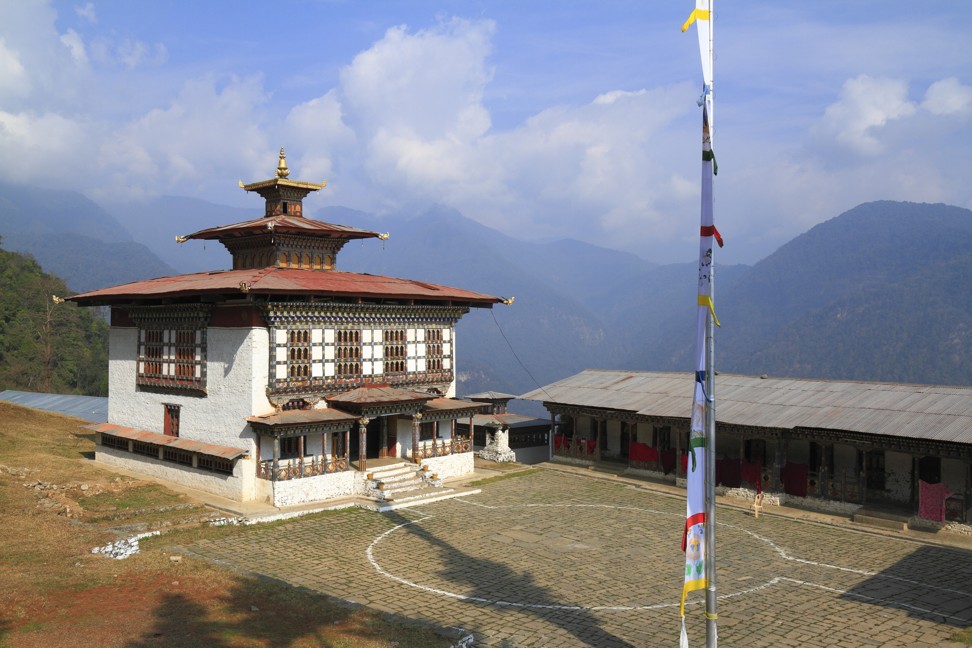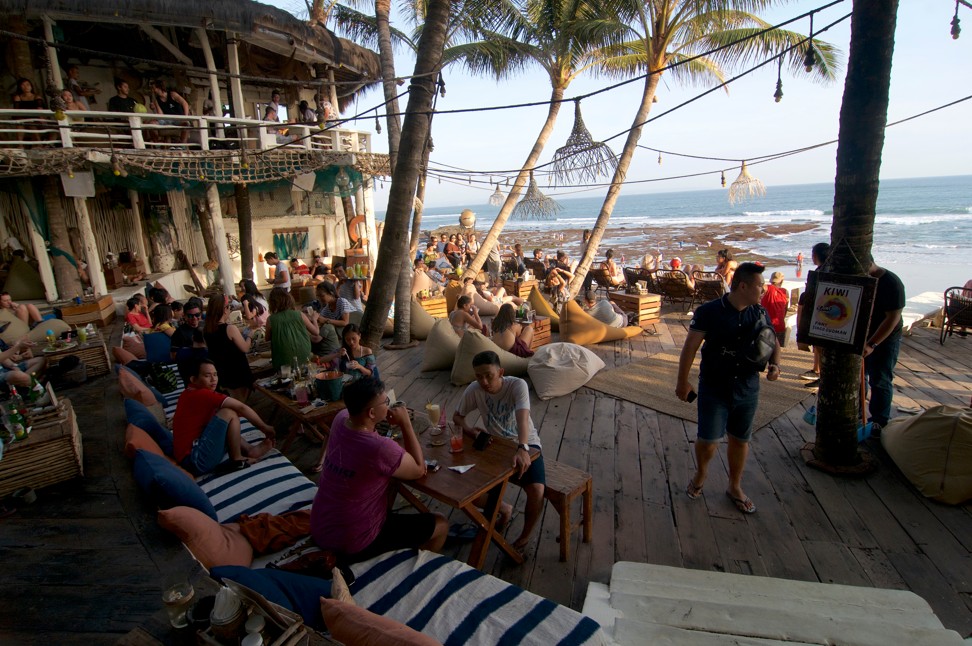
In Bhutan, tourists were once welcomed – now they are feared and face hostility
- The tiny Himalayan kingdom has set a sustainable precedent with its tourism model, attracting ‘quality’ over quantity
- But after a US arrival tested positive for Covid-19, visitors and tour guides have experienced a backlash
The Kingdom of Bhutan is an exception to Asia’s tourism rule. Whereas countries such as Japan and Thailand set their sights on attracting travellers en masse, the tiny Himalayan nation embraces a “high value, low impact” approach “founded on the principle of sustainability, meaning that tourism must be environmentally and ecologically friendly, socially and culturally acceptable and economically viable”, or so states the Tourism Council of Bhutan (TCB).
It achieves this by charging foreigners US$250 per day during peak months and US$200 for off-season jaunts – although “regional” arrivals from India, Bangladesh and the Maldives aren’t subject to the same statutes – a measure that has kept the numbers down and the Bhutanese happy. In 2018, the kingdom received just 274,097 visitors – a figure that was kept low also by a lack of flight capacity and hotel rooms – and unlike at Asia’s overburdened hotspots, tourists find that they are genuinely welcomed. At least, until now.
On March 6, Bhutan recorded its first case of coronavirus, when an American traveller tested positive for Covid-19, precipitating a two-week closure of the country’s borders and causing “the tourist on the street, whether American, European or Asian”, to be “seen with some apprehension”, according to the national newspaper, Kuensel.
“Tourists used to be welcomed and greeted just for the sake of striking up a conversation,” Kuensel reported. “Students walking to school wait in line and wave or bow as tourists in flashy cars or clean coaster buses pass by.”

However, amid growing global anxiety over the implications of the pandemic, some of the travellers already in Bhutan, as well as guides who escort them around the country, have been met with hostility, especially in rural areas.
The “flashy” vehicles that ferry sightseers from one attraction to the next have been called “coronavirus cars”. In Mongar, a district known for its imposing dzong, or fortress, and natural beauty, a group of tourists was almost locked in a hotel for its safety. Tour guide Yeshi Samdrup told the paper that, while taking a group of Hongkongers to the Talo Monastery, a man had shouted: “Go Away! We don’t want your coronavirus here.”
Stigmatisation is a particularly unpleasant side effect of the outbreak, first aimed towards those of Asian descent but now extended to Westerners, as Europeans and Americans find themselves on the front lines of the battle to halt the spread of the disease.
Back in the nation known for measuring its Gross National Happiness (GNH), tourism officials have been quick to condemn such behaviour. “Friendly Bhutanese are one of the features of brand Bhutan,” said Dorji Dhradhul, director general of the TCB, who urged the public to respect foreign visitors and anyone who works with them, especially as the impact of the two-week tourist ban, which is due to be extended, is felt.
With just 49 tourists left in the country on March 15 and a mandatory 14-day quarantine for all arrivals from March 16, Bhutan is serious about keeping the coronavirus out, regardless of the economic costs. Hopefully, the GNH won’t take too much of a hit.
No tourists, no food: the animals affected by coronavirus outbreak
Bhutan is far from alone in feeling the effects of a stagnating tourism industry, as travel bans, restrictions and anxieties related to the coronavirus outbreak keep people (and planes) grounded. At certain destinations, this absence of arrivals is affecting the (perhaps not so-) wildlife.
Take the Japanese city of Nara, for example. A popular day trip from Kyoto, Nara is known for its big bronze Buddha, its temple complex and sacred deer that sometimes bite the hands that feed them: those of tourists. However, in the absence of the food source the deer had become accustomed to, the animals have been forced to, gasp, eat grass. Some have even ventured into town, presumably in search of more processed fare.
Meanwhile, in the Thai city of Lopburi, rival troops of monkeys were filmed brawling in the streets, allegedly fighting over a yogurt pot. “A sharp drop in tourism due to the coronavirus reportedly forced monkeys who inhabit Prang Sam Yod temple complex to forage farther from their turf, eventually escalating into an all-out street fight,” reported Bangkok-based news site Khaosod English. The temple-dwelling primates are used to feasting on offerings left by tourists, who have all but disappeared.
Naked female tourist causes ‘outrage’ in Bali

Speaking to Indonesian news site Detik, the head of the regional police station, Gusti Agung Kerta Suryanegara, said of the incident: “It’s disrupting order, which means it was inappropriate, not in accordance with our culture and nature.”
On the plus side, it did give the good people of Canggu something other than Covid-19 to talk about.

